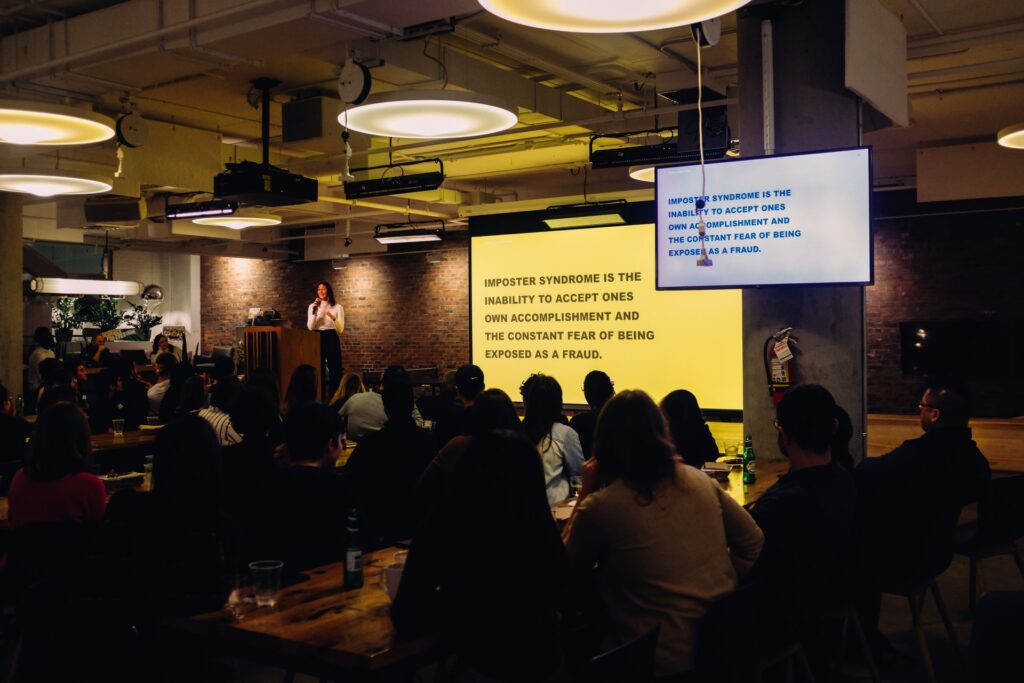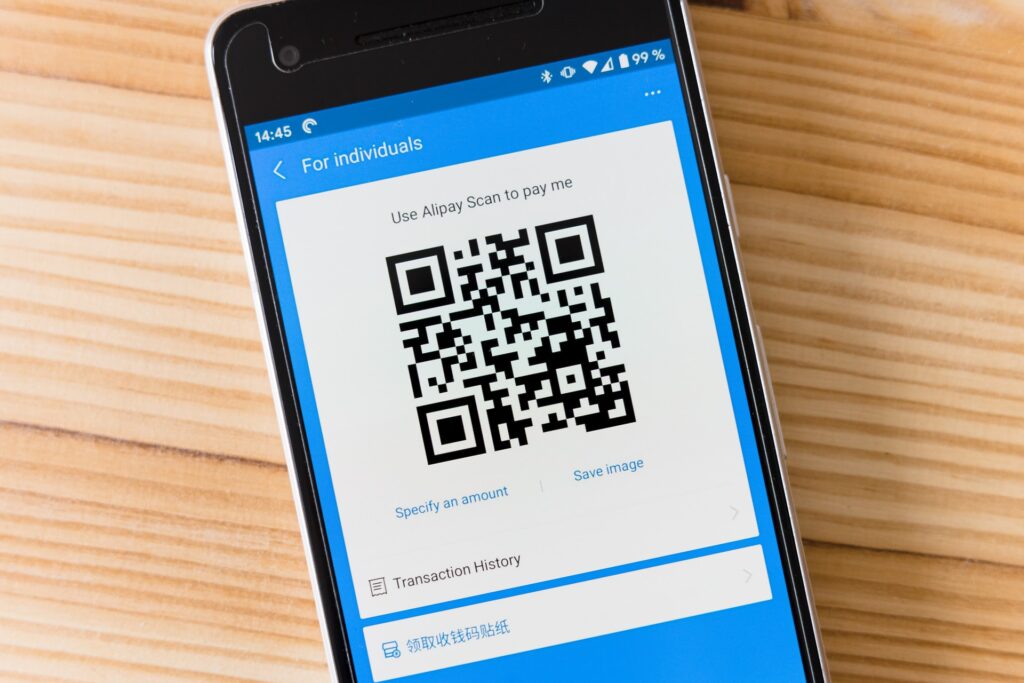
As we enter year three of the global pandemic, the event industry is slowly returning to in-person gatherings. Annual music festivals were held, wedding venues are booked through 2022, and the business event industry is confident in conferences this year. But the experts don’t all agree on the return to in-person events, so it’s not time to ditch the tech yet—or at all. We’ve used technology in so many cool ways to connect with each other recently, and a hybrid event is no exception. It may not be time to return to a completely in-person events calendar, and thankfully, you don’t have to. Instead, you can host a hybrid event and get the best of both the virtual world and the physical world.
What Is a Hybrid Event?
A hybrid event is when an event is hosted both in person and online. It’s not just a physical event, but it’s not strictly virtual, either. Typically, attendees choose how they want to attend the event—those who want to show up in person can, and those who prefer to stay snuggled on the couch can, too. That way, attendees can still hear their favorite speakers and rock out to their favorite artists in a way that feels safe to them. Of course, virtual and hybrid events have been around for more than three years. But they spiked in popularity as a response to COVID-19 to prevent close contact on a large scale.
The Benefits of a Hybrid Event

We think the hybrid event trend is here to stay, though, even once pandemic conditions improve. Attendees are used to having options now. Plus, there are so many benefits to a hybrid event.
You can tap into a wider audience
With an in-person event, guests are limited. Not only are some folks unwilling to travel far for an event—like across the country—but they also have to work within a budget. Attending a large, in-person event may include airfare, gas and parking costs, and even accommodations and meals. While this doesn’t deter everyone, it will certainly limit your headcount. But if you offer a virtual option, guests from around the country and even the world can attend with just a few clicks.
You can host more attendees at a lower cost
When guests can attend in just a few clicks on their own devices, your cost per head goes down. Now you don’t need as large of a venue or as much food. And when you have multiple formats, you have a variety of sponsorship opportunities, too. Overall, you can attract a broader audience at a lower cost per person.
You can reuse recordings in marketing campaigns

If you’re live streaming your event, you should absolutely record it for future use. You can use it to prospect by requiring someone’s email address before they can view the recorded video online. Or you can use clips in emails and on social media to attract new customers. It’s not a free video because you used your event budget to create it. But you can still get new customers and more exposure with it after the fact.
You can give attendees a choice
Hybrid events don’t just benefit their hosts. They benefit the attendees, too. When attendees have options, they can engage with your brand or company exactly how they want to. And that’s huge! You can meet your customers where they are (literally!) and give them custom experiences. That only gives them a positive impression of your company, deepening your relationship and retention. In the age of COVID-19, that goes even further, too, by being concerned about their safety.
A Note About In-Person Safety

Although in-person events are on a steep rise for 2022, not everyone will be comfortable attending them, especially on a large scale. A hybrid event lets your guests attend your event in a way that makes them feel safe. Of course, for those who are attending in person, you should always follow the current safety precautions required in your area and government agencies like the US Centers for Disease Control and Prevention. While safety has always been a top priority for events, it’s even more important now. Safety has become a huge factor in your relationship with your customers and attendees.
Bonus Tip: If you’re unsure whether your guests are comfortable meeting in person—ask them! Poll past guests via email or social media.
Be sure to communicate all precautions to your guests, too. We recommend notifying them ahead of time in confirmation and reminder emails and on your event website and social media, too. Then at the event, post signage as appropriate and have your MC or host make regular announcements for guests who may arrive later.
Hybrid Events and Ticketing
Of course, now that we’ve convinced you to host a hybrid event, we have to help you get attendees! Ticketing strategy is a little different for hybrid events because, although you have the same content, you also have two different experiences and costs per person. So, your tickets don’t have to be the same price across the board.
Instead, you can offer incentives for coming in person (and paying more), like access to exclusive panels, meet-and-greets, and swag or other discounts. On the other hand, virtual attendees may only get access to the main stage. Perhaps they can’t attend breakout discussions after the meeting or attend the post-event cocktail hour.

One option isn’t better than the other, and your attendees should get their money’s worth no matter how they attend. But in-person attendees cost more, so if they will be paying more, they should also be getting more, too.
Don’t Forget to Engage
No matter how your attendees are experiencing your event, you should still be engaging with both virtual and in-person attendees. For example, you can communicate with your virtual attendees using online polls, social media hashtags, and online breakout rooms. On the other hand, your in-person attendees will benefit from handouts, live Q&A with the audience, and post-event happy hours. Of course, there can be crossover. Instead of keeping the two audiences separate, you can host event-wide polls for everyone on your event app. You can even take questions from the virtual viewers for the Q&A, too!
Conclusion
A hybrid event is the perfect way to engage your entire audience—even the ones who are wary about in-person gatherings. It can even help you reduce costs, too! Although the event industry is on the road to recovery, we’re all eager for life to return to “normal,” and hybrid events are just the thing to get us there. Just be sure to follow all safety protocols for the in-person portion of your event and engage those online attendees.
Have you attended a hybrid event in the past two years? What was your experience like?

